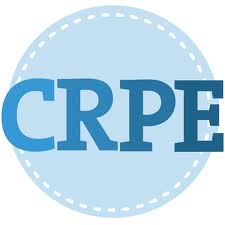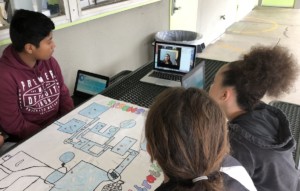Yes! A Productivity Agenda!
“Yes! A Productivity Agenda!” by Marguerite Roza and Paul Hill was originally published on the Center On Reinventing Public Education website.
 In a recent report (and a wave of blog posts) it is clear that Bruce Baker takes offense at the current discussion around improving productivity in public education.
In a recent report (and a wave of blog posts) it is clear that Bruce Baker takes offense at the current discussion around improving productivity in public education.
He and his co-author Kevin Welner question the need for such a productivity agenda, and claim that our ideas about how to stabilize budgets while protecting or enhancing student outcomes haven’t been fully tested and therefore shouldn’t be voiced. In short, they want a gag order.
Need we draw attention to the gaping hole in many districts’ budgets? Part of the reason productivity receives such wide attention is that state and local revenues have been squeezed, and some voters are in no mood for tax hikes. On the expenditure side, built-in cost escalators are pushing up expenditures faster than in non-recessionary times. In part this escalation occurs because current teachers are holding on to their jobs (and not being replaced by junior, less expensive teachers) and because of the low returns on pension funds. For many locales, misalignment between revenues and costs may persist for some years.
Of course the ideas and cost models we have offered have not been the subject of lengthy implementation-based research designs: the problems districts face are unprecedented and thus the strategies to address them represent fresh options for containing costs. As we showed in our research paper on Baumol’s disease, other service industries have found ways to improve outputs while containing costs, thereby becoming more productive. This yields some optimism that productivity improvements can also be found in education. Baker seems to prefer letting districts grapple with painful shortfalls but offers no new ideas about what’s possible.
Baker wants more research on cost effectiveness before any cost-cutting strategies are offered to policymakers. In effect this merely kicks the can down the road. We too call for research (see here), but acknowledge that some good cost effectiveness research already exists (see here, here and here).
Other ideas make intuitive sense, and we believe district leaders should hear them out, despite their novelty. Take for example: granting flexibility to increase physical education class sizes in order to invest more in core subjects; or using digital learning to lower the costs of some pricey electives; or redesigning teacher compensation systems so that they rely less heavily on longevity and more on scarcity of skills (e.g., in math and science) and the responsibilities individual teachers assume. Baker would want to squelch any discussion of these ideas in favor of preserving the current spending model, which, let’s face it, was put in place through years of incremental policymaking, and not backed by the kind of evidence he demands before considering any alternatives.
So, rather than silencing any discussion of how resources might be restructured amidst economic scarcity, we argue the opposite: that districts need vastly more ideas, more cost models, and more public dialogue about how they can rethink service delivery, in order to provide the best possible service to students as budgets are squeezed. And they need these ideas NOW. Without new options, some systems will react by making the kinds of cuts that do the most to weaken schooling, say by eliminating effective programs, or cutting a week of school.We trust such choices would make even Baker cringe.
Let’s not dance around one key issue that we suspect is at the heart of the angry criticism of a productivity agenda. Baker offers up no suggestions for how districts might cut costs likely because he worries that doing so would weaken the political campaign for increasing overall education spending.
To this we counter: discussing how to cope with scarcity doesn’t mean one favors scarcity. In fact, building a more productive education system just might be the best way to convince voters to spend more on schooling going forward, since more spending would yield even greater benefits for kids.
For more, see NEA Spells Out Supports Blended Learning







0 Comments
Leave a Comment
Your email address will not be published. All fields are required.